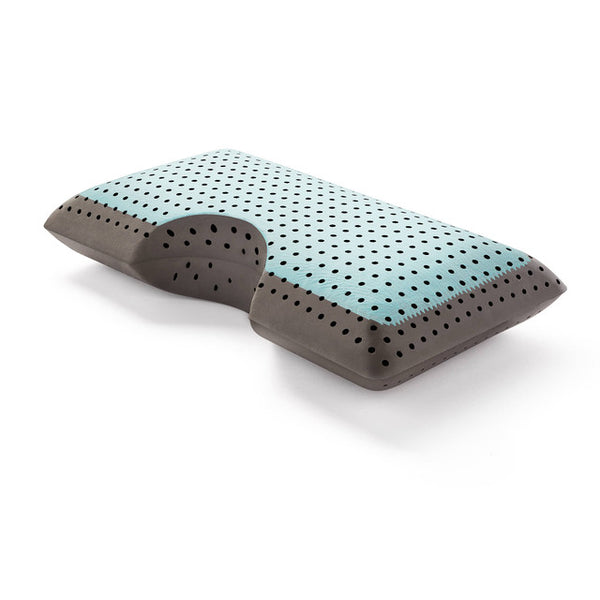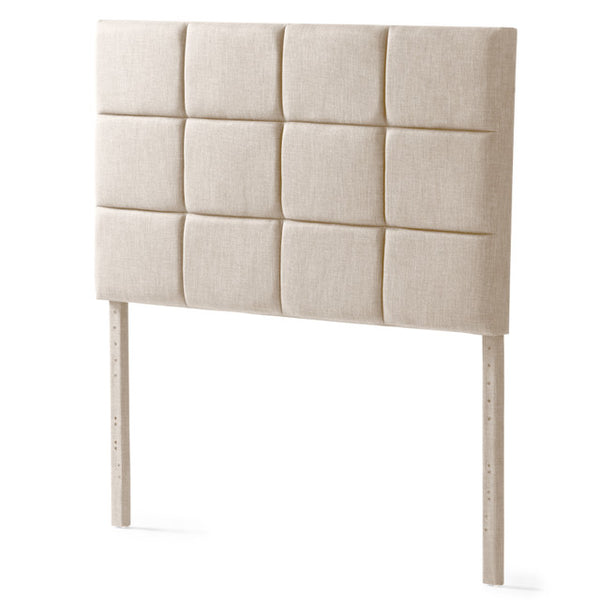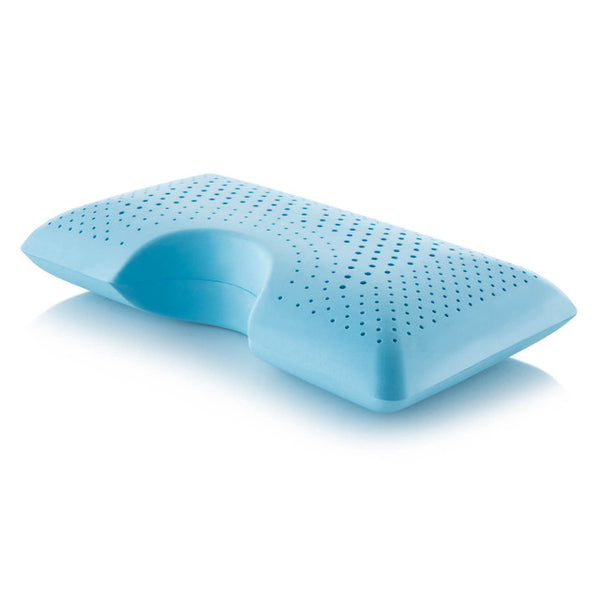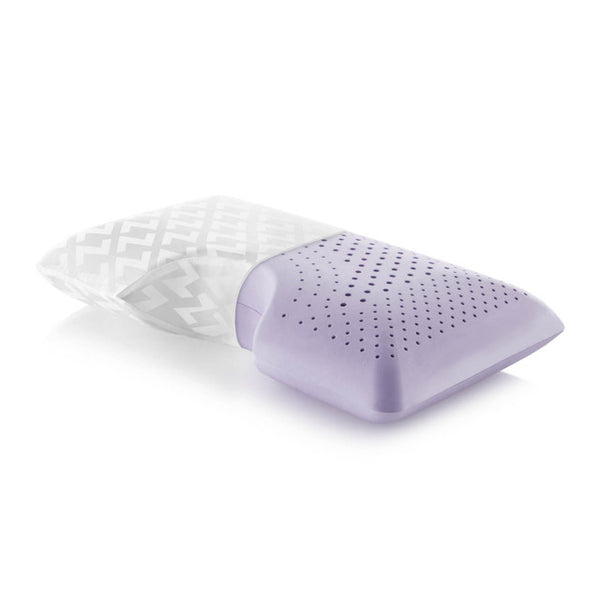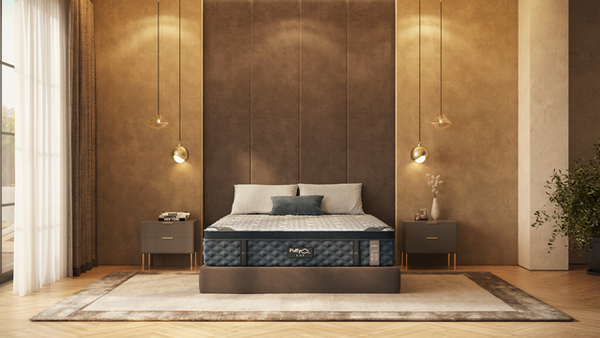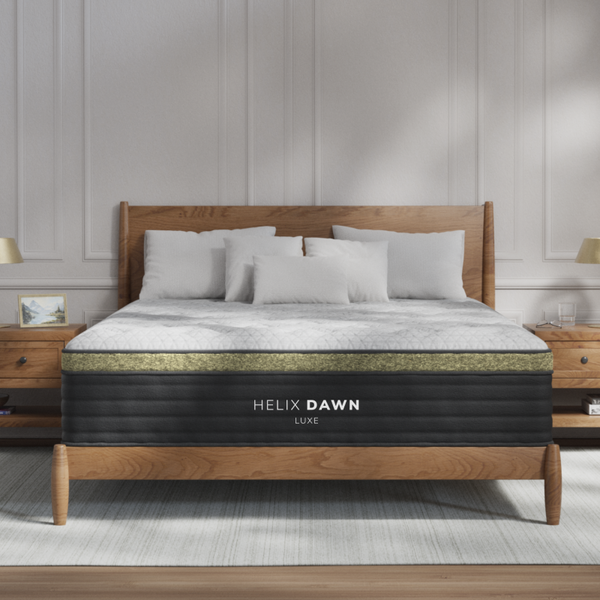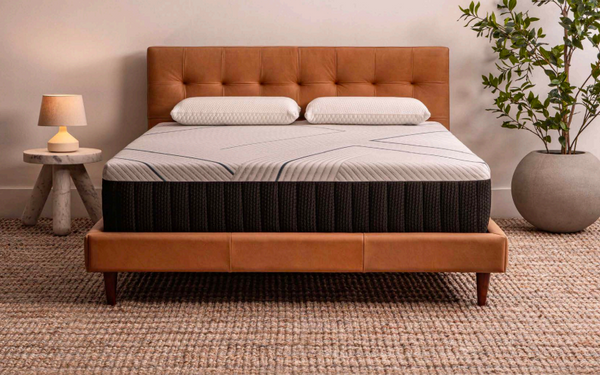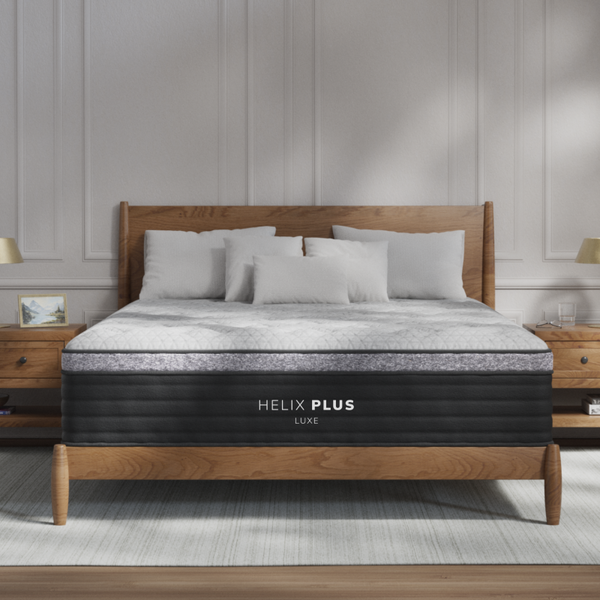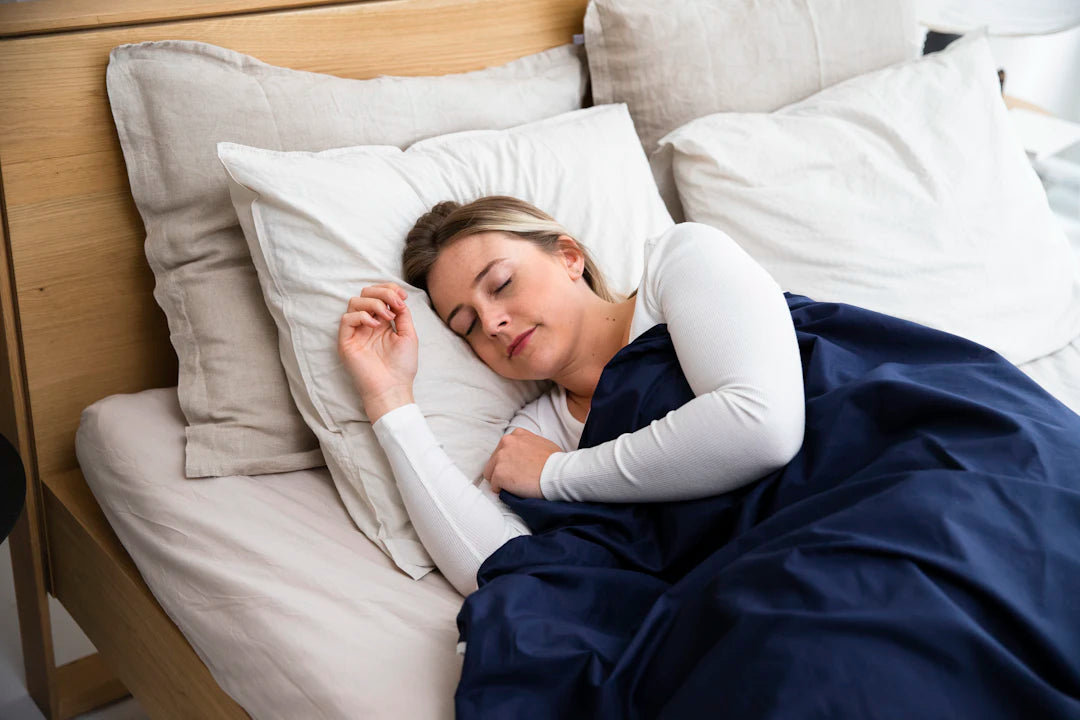
Overview
Choosing the right mattress is crucial for improving sleep quality, especially for those with sleep disorders like insomnia, sleep apnea, and restless leg syndrome. Factors such as mattress materials, firmness levels, and support for spinal alignment play significant roles in achieving restful sleep. Additionally, establishing a sleep routine and creating an ideal sleep environment can further enhance sleep quality.
Frequently Asked Questions
1. What is the importance of sleep for overall health?
2. What are some common sleep disorders mentioned?
3. How can a mattress affect sleep quality?
4. What types of mattress materials are recommended for better sleep?
5. What additional tips can improve sleep quality aside from choosing the right mattress?
Sleep is an essential part of our daily lives, affecting our overall health, well-being, and productivity. However, millions of people struggle with various sleep disorders, which can lead to chronic fatigue and lack of concentration. One of the most critical components of achieving a good night's sleep is selecting the right mattress. This article delves into different sleep disorders, how they affect sleep quality, and the best mattress choices to combat these issues. Whether you are suffering from insomnia, sleep apnea, or restless leg syndrome, the right mattress can make all the difference.
Understanding Sleep Disorders
Before diving into mattress choices, it's crucial to understand the most common sleep disorders that can affect your quality of sleep. Here are some key types:
Insomnia
Insomnia is characterized by difficulty falling asleep, staying asleep, or waking up too early. Individuals with insomnia often feel exhausted during the day, which can lead to decreased productivity. Factors contributing to insomnia include stress, anxiety, depression, and even certain medical conditions.
Sleep Apnea
Sleep apnea is a serious disorder where breathing repeatedly stops and starts during sleep. This condition often goes undiagnosed and can lead to significant health problems, including heart disease. People with sleep apnea often snore loudly or feel excessively drowsy during the day.
Restless Leg Syndrome (RLS)
RLS is characterized by an uncontrollable urge to move the legs, typically in the evening or night, making it challenging to fall asleep. Symptoms often include uncomfortable sensations, leading to interruptions in sleep.
Why Your Mattress Matters
The mattress you choose can significantly affect your sleep quality and overall health, especially for those with sleep disorders. A good mattress offers support and comfort, ensuring that your sleep environment contributes positively to your sleep health. Here’s how the right mattress can help:
Support for Spinal Alignment
A mattress that provides proper support is crucial for maintaining spinal alignment. Poor spinal alignment can lead to discomfort and exacerbate sleep disorders. Look for a mattress that conforms to your body shape while supporting your spine’s natural curvature.
Pressure Relief
Individuals with conditions like RLS or insomnia may benefit from mattresses that offer pressure relief. This feature helps to distribute body weight evenly, reducing pressure on sensitive areas and preventing discomfort during the night.
Temperature Regulation
A comfortable sleeping temperature is vital for restful sleep. Many mattresses now come with temperature-regulating technologies to help maintain a cool sleeping surface. This can be particularly advantageous for people with sleep apnea, as overheating during the night can disrupt sleep quality.
Choosing the Right Mattress Materials
When selecting a mattress, the materials it is made of can significantly impact your sleep experience. Here are some popular options and their benefits:
Memory Foam
Memory foam mattresses are renowned for their ability to contour to the body's shape, providing excellent support and pressure relief. This can be particularly beneficial for those with insomnia or chronic pain. However, some individuals might find memory foam retains heat, making temperature regulation a consideration.
Latex
Latex mattresses offer a more buoyant feel while still providing support. They are also known for their durability and natural resistance to dust mites and allergens, making them suitable for individuals with respiratory issues associated with sleep apnea.
Innerspring
Innerspring mattresses are equipped with coils that provide bounce and breathability. While they offer good support, it’s essential to consider the comfort layer as well, as it plays a significant role in pressure relief.
Hybrid Mattresses
Hybrid mattresses combine the benefits of memory foam and innerspring mattresses, offering a balanced feel. This type of mattress can be an excellent choice for those who need the contouring support of foam without sacrificing the breathability and bounce of coils.
Firmness Levels and Sleep Disorders
The firmness level of a mattress is another crucial factor to consider. Here’s how it correlates with various sleep disorders:
Soft Mattresses
Soft mattresses that allow for more sink can be more comfortable for side sleepers or individuals with joint pain. However, those who suffer from sleep apnea may require a firmer surface to encourage proper spinal alignment.
Medium Firm Mattresses
Medium-firm mattresses often provide the best of both worlds, offering a balance between comfort and support. This firmness level tends to accommodate a variety of sleep positions and is generally recommended for individuals with insomnia or RLS.
Firm Mattresses
Firm mattresses provide the most support, which is essential for back sleepers or individuals who experience chronic pain. Adequate support ensures that the spine remains aligned, which is crucial for preventing disruptions in sleep.
How to Test Mattress Comfort
Finding the right mattress involves more than just researching specifications; it’s essential to test them out in person if possible. Here are some tips to ensure you pick the perfect mattress:
- Visit a Mattress Store: Try out various mattresses in-store to get a feel for their comfort levels.
- Time Test: Spend at least 10-15 minutes lying down on the mattress in your preferred sleeping position.
- Bring Your Partner: If you share a bed, it’s critical to ensure that both parties are comfortable.
- Ask About Return Policies: Ensure that any mattress you purchase has a good return policy, allowing you to test it out at home.
Additional Tips for Better Sleep
Besides choosing the right mattress, there are additional steps you can take to improve your sleep quality:
Establish a Sleep Routine
Sticking to a regular sleep schedule can help regulate your body’s internal clock. Aim for the same bedtime and wake-up time every day, even on weekends.
Create an Ideal Sleep Environment
Your bedroom should be a sanctuary for sleep. Keep the room dark, quiet, and cool. Consider using blackout curtains or sleep masks to block out light and earplugs or white noise machines to drown out sounds.
Limit Screen Time Before Bed
The blue light emitted by screens can interfere with the production of melatonin, making it hard to fall asleep. Try to avoid screens at least an hour before you go to bed.
Mindfulness and Relaxation Techniques
Practicing relaxation techniques, such as meditation or gentle yoga, can help calm your mind and prepare your body for sleep. Consider winding down with a warm bath or reading a book.
Sleep Better and Wake Up Refreshed
Choosing the right mattress is a vital step in addressing sleep disorders and enhancing your overall sleep quality. By understanding different sleep disorders, the impact of mattress materials, and firmness levels, you can make informed decisions tailored to your needs. Remember to test out different options, create a conducive sleep environment, and practice good sleep habits. A peaceful night’s sleep is within reach, and with the right mattress by your side, you’ll be one step closer to waking up refreshed and ready to conquer your day.

